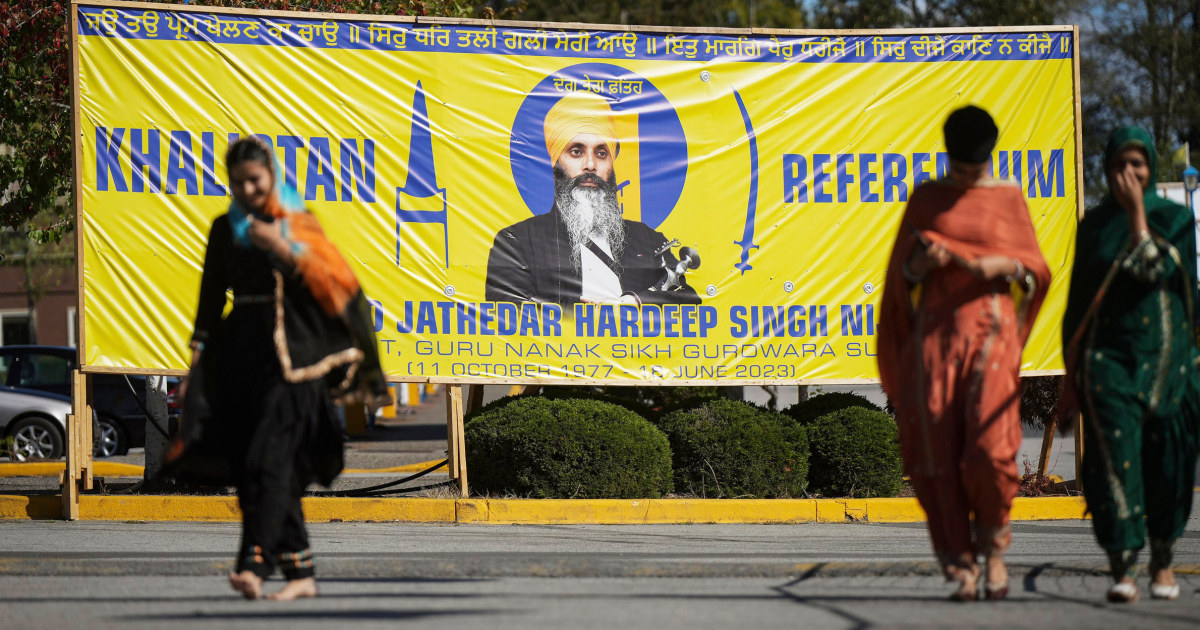Key takeaways:
- Relations between Ottawa and New Delhi have taken a sharp turn for the worse after Canadian Prime Minister Justin Trudeau said there were “credible allegations” of Indian involvement in the assassination of a Sikh separatist leader on its soil.
- The assassination of the Sikh separatist leader has been a major source of tension between the two countries, and Trudeau’s comments have been seen as a direct challenge to the Indian government.
- The diplomatic dispute has put a strain on the relationship between the two countries, and raised questions about the future of the relationship between the two countries.
Relations between Ottawa and New Delhi have taken a sharp turn for the worse this week after Canadian Prime Minister Justin Trudeau said there were “credible allegations” of Indian involvement in the assassination of a Sikh separatist leader on its soil.
In response, India’s visa processing center in Canada suspended services on Thursday, deepening the rift between the two countries. Trudeau’s bombshell allegation on Monday set off a diplomatic tit-for-tat as both countries traded barbs and accusations.
The assassination of the Sikh separatist leader, who was a Canadian citizen, has been a major source of tension between the two countries. Trudeau’s comments have been seen as a direct challenge to the Indian government, which has denied any involvement in the killing.
The incident has put a strain on the relationship between the two countries, which have long been strategic partners on security and trade. The two countries have had close ties since the 1990s, when India and Canada signed a bilateral trade agreement.
The diplomatic dispute has also raised questions about the future of the relationship between the two countries. It remains to be seen how the two countries will move forward in the wake of the incident and whether the relationship can be salvaged.



Be First to Comment